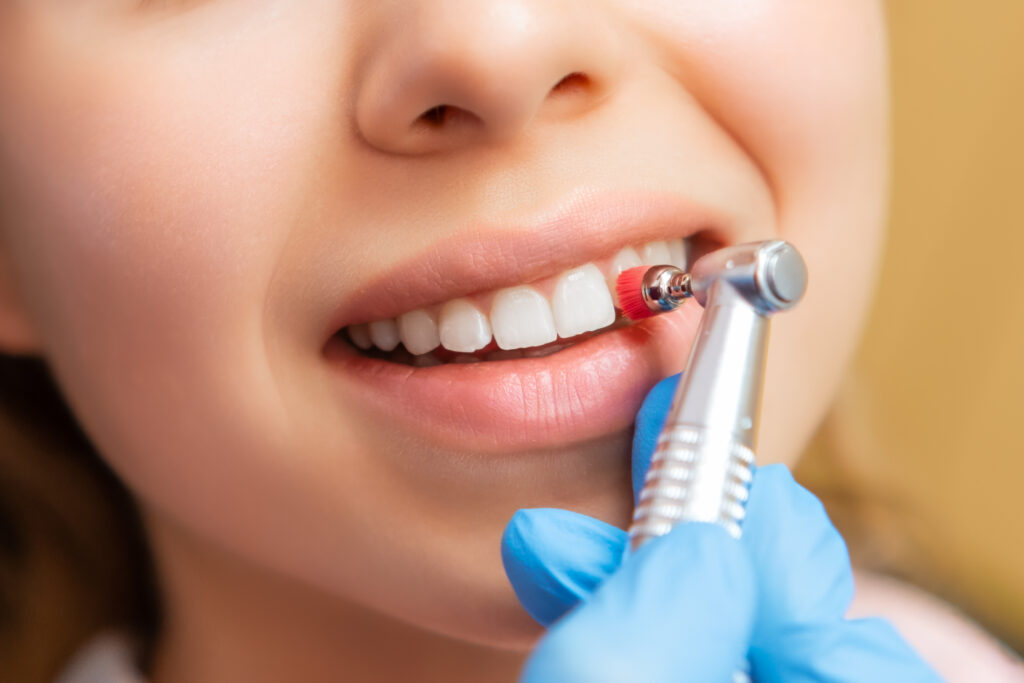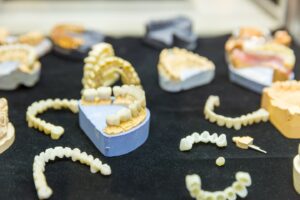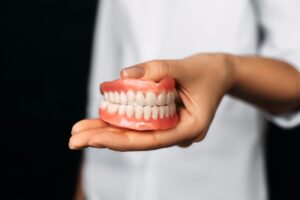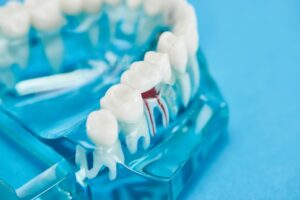In this article, we will discuss the consequences of skipping regular dental cleanings and the potential impact on your oral health and overall well-being. It is important to understand the significance of maintaining good oral hygiene and the role that dental cleanings play in achieving this goal. Regular dental cleanings are essential for maintaining healthy teeth and gums, and they can help prevent a range of oral health issues that can be costly to treat.
Why Are Dental Cleanings Important?
Keeping up with regular dental cleanings is crucial for several reasons. First and foremost, dental cleanings help remove plaque and tartar buildup from the teeth and gums. Plaque is a sticky film that forms on the teeth and harbors harmful bacteria. Over time, if not removed, plaque can harden into tartar, which is more difficult to remove and can contribute to tooth decay and gum disease.
During a dental cleaning, a qualified dental hygienist will use specialized tools to remove plaque and tartar from hard-to-reach areas that regular brushing and flossing may miss. This thorough cleaning helps prevent the development of cavities and gum disease.
The Effects of Skipping Dental Cleanings
Gum Disease
Gum disease, also known as periodontal disease, is a serious oral health condition that can result from neglecting regular dental cleanings. When plaque and tartar buildup along the gumline, it can cause the gums to become inflamed and irritated. This early stage of gum disease is called gingivitis. If left untreated, gingivitis can progress to periodontitis, which can cause tooth loss and damage to the bones supporting the teeth.
Regular dental cleanings can help prevent gum disease by removing plaque and tartar buildup and keeping the gums healthy. By skipping dental cleanings, you increase your risk of developing gum disease and the potential need for more extensive and expensive treatments, such as deep cleaning or gum surgery.
Tooth Decay
Another consequence of neglecting dental cleanings is an increased risk of tooth decay. When plaque and tartar buildup on the teeth, the bacteria within them produce acids that can erode the tooth enamel. Over time, the enamel may weaken and result in tooth decay.
A cavity is a small hole that forms in the tooth as a result of decay. If left untreated, a cavity can worsen and lead to more significant dental problems, such as infections or the need for root canals or extractions. Regular dental cleanings can help prevent tooth decay by removing plaque and tartar and addressing any early signs of decay.
Bad Breath
Poor oral hygiene due to skipping dental cleanings can contribute to chronic bad breath, also known as halitosis. When plaque and bacteria accumulate in the mouth, they can release foul-smelling odors, leading to unpleasant breath.
Regular dental cleanings help remove the buildup of plaque and bacteria, reducing the likelihood of persistent bad breath. Additionally, dental professionals can provide advice on proper oral hygiene practices and recommend products that can help combat bad breath.

Systemic Health Issues
There is growing evidence to suggest that oral health is connected to overall health. Neglecting dental cleanings and allowing oral health issues to develop can have implications beyond the mouth.
Several studies have found a link between gum disease and various systemic health conditions, including heart disease, diabetes, respiratory infections, and even preterm birth in pregnant women. The bacteria present in the mouth can enter the bloodstream and contribute to inflammation in other parts of the body, potentially exacerbating existing health issues or increasing the risk of developing new ones.
By prioritizing regular dental cleanings and maintaining good oral hygiene, you can reduce the risk of these systemic health problems and promote overall well-being.
Recommended Frequency of Dental Cleanings
The American Dental Association (ADA) recommends scheduling a dental cleaning and checkup every six months for individuals with good oral health. However, it is essential to note that the frequency of dental cleanings may vary depending on an individual’s specific needs and risk factors.
If you have gum disease, a history of cavities, or other oral health issues, your dentist may recommend more frequent dental cleanings to effectively manage and treat these conditions. It is important to consult with your dental professional to determine the appropriate frequency for your specific situation.
Tips for Maintaining Good Oral Health
In addition to regular dental cleanings, there are several steps you can take to maintain good oral health:
- Brush your teeth at least twice a day using a fluoride toothpaste. Brushing your teeth helps remove plaque and bacteria and prevents the buildup of tartar.
- Floss daily to remove plaque from between your teeth. Flossing helps reach areas that your toothbrush cannot, removing food particles and plaque.
- Limit sugary and acidic food and drink consumption. Foods and beverages high in sugar and acid can contribute to tooth decay and erode tooth enamel. Limiting your consumption of these items can help protect your teeth.
- Use an antiseptic mouthwash to reduce bacteria in your mouth. Mouthwashes can help kill bacteria and freshen breath. Look for products with the ADA Seal of Acceptance for optimal effectiveness.
- Quit smoking, as it increases the risk of gum disease and other oral health problems. Smoking can negatively impact oral health and increase the risk of gum disease, tooth loss, and oral cancer. Quitting smoking can significantly improve your oral health and overall well-being.
Conclusion
Skipping dental cleanings can result in serious consequences for your oral health and overall well-being. Regular dental cleanings not only help keep your teeth and gums healthy but also play a vital role in preventing costly dental treatments and addressing potential systemic health issues.
Make sure to prioritize regular checkups and cleanings with your dental professional to maintain optimal oral health and prevent long-term problems. Taking care of your oral health today can save you from an array of dental and medical complications in the future.







